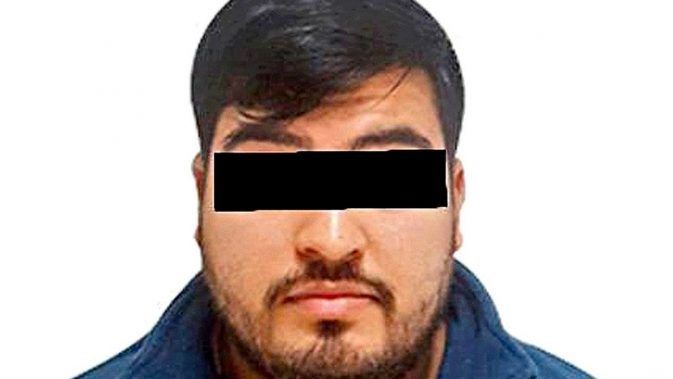The case of a Mexican hacker who claims the US as a VIP member of a global cybercrime gang
His name is Arnaldo Sánchez Torteya, he is 32 years old and the US Department of Justice accuses him of organized crime and points him out as part of the gang known as "Infraud".





